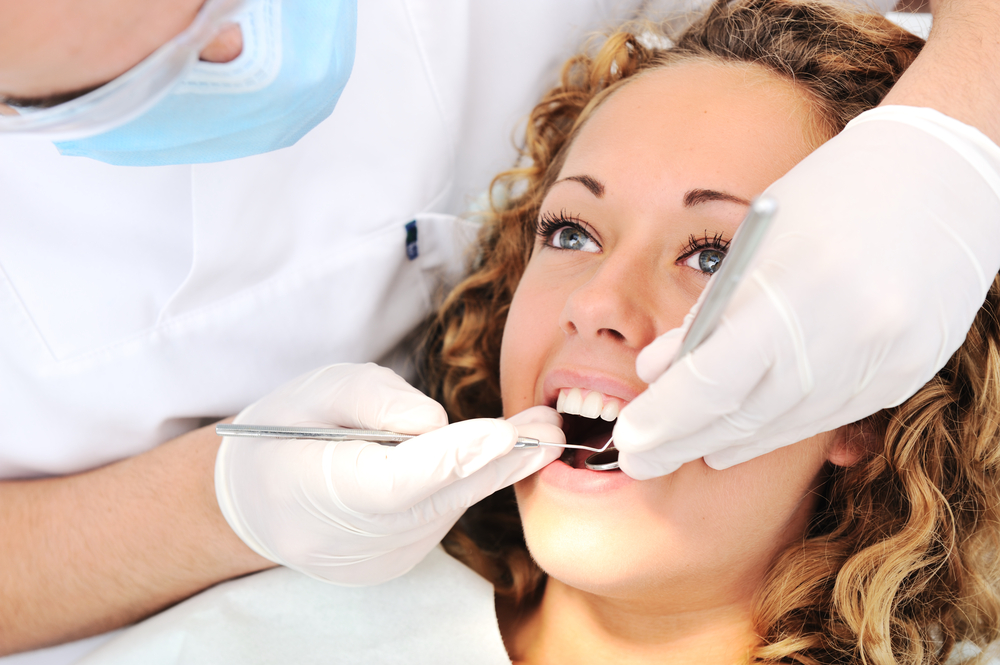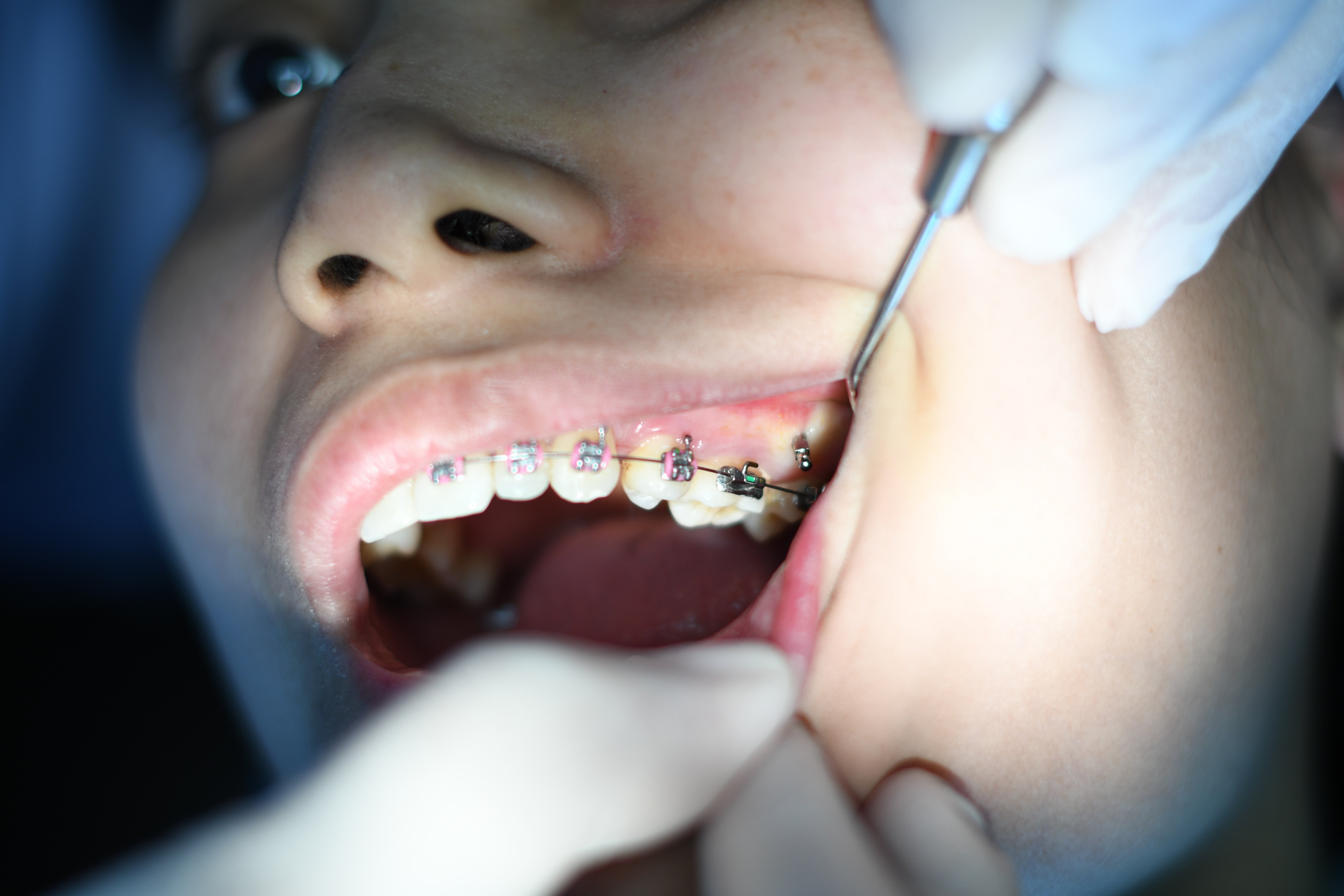Learn about the importance of detecting oral cancer during routine dental check-ups and the symptoms to watch out for.
Understanding Oral Cancer
Oral cancer is a type of cancer that affects the mouth and throat. It can occur in any part of the oral cavity, including the lips, tongue, cheeks, floor of the mouth, and hard and soft palate. Understanding the nature of oral cancer is crucial in order to detect it early and improve the chances of successful treatment.
Oral cancer typically starts as a small growth or sore in the mouth that does not heal. It can also present as a red or white patch, a lump, or a thickening of the skin in the mouth. Other symptoms may include difficulty chewing or swallowing, persistent hoarseness, and unexplained weight loss. It is important to be aware of these symptoms and seek prompt medical attention if they persist.
Various factors can increase the risk of developing oral cancer. These include tobacco and alcohol use, excessive sun exposure, a weakened immune system, and certain viruses, such as human papillomavirus (HPV). By understanding the risk factors and symptoms associated with oral cancer, individuals can take proactive steps to minimize their risk and detect the disease early.
Risk Factors and Symptoms
Oral cancer is more likely to occur in individuals who smoke or chew tobacco and consume excessive amounts of alcohol. These habits can damage the cells in the mouth and throat, increasing the risk of cancerous growths. Additionally, prolonged exposure to the sun's ultraviolet (UV) rays without protection can also contribute to the development of oral cancer.
Symptoms of oral cancer may vary, but it is important to be aware of any changes in the mouth that do not heal within two weeks. These changes can include the presence of a sore, lump, or red or white patch. Other symptoms may include difficulty swallowing, persistent hoarseness, a persistent sore throat, or unexplained weight loss. It is essential to consult a dentist or healthcare professional if any of these symptoms persist or worsen.
The Role of Dentists in Early Detection
Dentists play a crucial role in the early detection of oral cancer. During routine dental check-ups, dentists thoroughly examine the mouth, including the lips, tongue, cheeks, and throat, to identify any abnormal changes or suspicious lesions. They may also perform additional tests, such as a biopsy or imaging scans, to confirm a diagnosis.
Early detection of oral cancer significantly improves the chances of successful treatment and recovery. Dentists are trained to recognize the early signs of oral cancer and can refer patients to specialists for further evaluation and treatment if necessary. Regular dental check-ups are therefore essential for maintaining oral health and detecting potential issues, including oral cancer, at an early stage.
Importance of Regular Dental Check-ups
Regular dental check-ups are important not only for maintaining oral health but also for detecting oral cancer early. During these check-ups, dentists can identify any suspicious lesions or changes in the mouth that may indicate the presence of oral cancer. Early detection allows for prompt treatment and increases the chances of successful outcomes.
In addition to oral cancer detection, regular dental check-ups also help prevent other dental issues, such as cavities, gum disease, and tooth decay. Dentists can provide professional cleanings, offer oral hygiene instructions, and address any concerns or questions patients may have about their oral health. By visiting the dentist regularly, individuals can take proactive steps to maintain a healthy mouth and address any potential issues before they become more serious.
Promoting Oral Health and Awareness
Promoting oral health and awareness is crucial in preventing oral cancer and other dental issues. Education and public awareness campaigns can help individuals understand the importance of regular dental check-ups and the early detection of oral cancer. These campaigns can provide information on risk factors, symptoms, and preventive measures, empowering individuals to take control of their oral health.
In addition to public awareness, healthcare professionals, including dentists, can play a role in promoting oral health. They can educate their patients about the risks associated with tobacco and alcohol use, encourage sun protection methods, and emphasize the importance of maintaining good oral hygiene. By working together, healthcare professionals and individuals can create a society that prioritizes oral health and takes proactive measures to prevent and detect oral cancer.
Been a while since your last check up? Call us today to make an appointment or click here to book.



